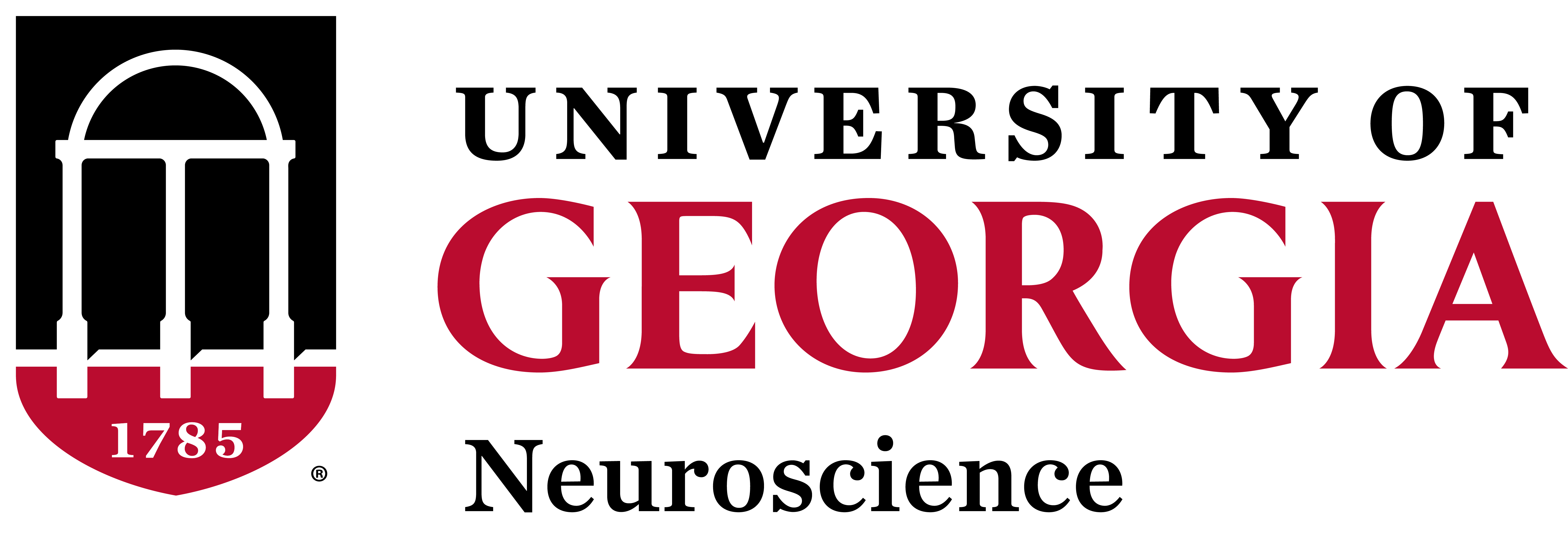Overview
OVERVIEW
The Neuroscience division of the Office of Research aims to increase collaborative opportunities and enhance the quality and visibility of neuroscience training and research at UGA, while providing support to the community of UGA scientists collectively working in the field.
UGA Neuroscience achieves its purpose through:
- An annual spring retreat bringing together scientists from across the Southeastern US
- Research seminars featuring nationally-renowned speakers covering cutting edge topics
- Workshops and symposia highlighting research breakthroughs, technological advances, etc.
- Formal research training at the undergraduate and PhD level
- Quarterly and annual digital communications to promote neuroscience literacy and current research
Research
Our faculty share common interests related to their commitment to understanding of how to treat many diseases such as traumatic brain injury, Parkinson’s disease, addiction, depression and anxiety. These intersections comprise our three major content areas of research.
- Cellular and Molecular Neurobiology
- Cognitive Neuroscience and Neuroimaging
- Behavioral Neuroscience
For a more detailed description of the neuroscience research conducted at the University, please visit our Research page.
Faculty
Currently over 70 faculty representing nearly 20 departments located in seven colleges participate in the Neuroscience Program. For a comprehensive list of our faculty, see our Faculty Directory.
- Animal and Dairy Science
- Biochemistry and Molecular Biology
- Cellular Biology
- Chemical, Materials, and Biomedical Engineering
- Computer Science
- Electrical and Computer Engineering
- Entomology
- Foods and Nutrition
- Health Promotion
- Human Development and Family Science
- Kinesiology
- Pharmaceutical and Biomedical Sciences
- Physiology and Pharmacology
- Psychology
- Statistics
- Toxicology
- Veterinary Biosciences & Diagnostic Imaging
Student Impact
Since its inception in 2005, the Neuroscience Program has trained competitive researchers to meet the evolving demands of its field. During their PhD training, students generated over a half a million dollars in scholarships and grants, authored numerous publications, and presented at hundreds of significant conferences (domestically and abroad). For a more detailed account of student and graduate output, please see our Analytics page.
Facilities
The Neuroscience Program faculty and participants have access to state-of-the-art equipment and facilities. A complete list of our participating facilities can be found here.
